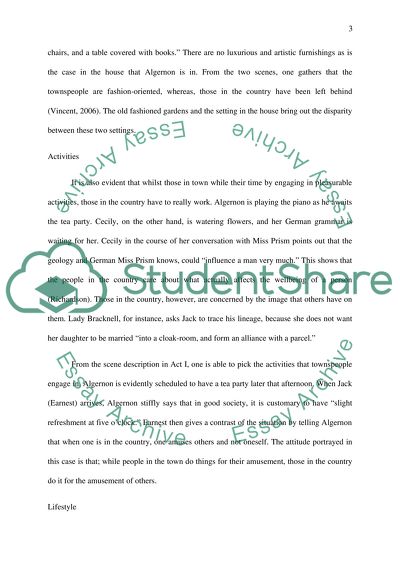Cite this document
(“Victorian Attitudes towards Town and Country Assignment”, n.d.)
Victorian Attitudes towards Town and Country Assignment. Retrieved from https://studentshare.org/literature/1443975-discuss-wilde-s-portrayal-of-victorian-attitudes
Victorian Attitudes towards Town and Country Assignment. Retrieved from https://studentshare.org/literature/1443975-discuss-wilde-s-portrayal-of-victorian-attitudes
(Victorian Attitudes towards Town and Country Assignment)
Victorian Attitudes towards Town and Country Assignment. https://studentshare.org/literature/1443975-discuss-wilde-s-portrayal-of-victorian-attitudes.
Victorian Attitudes towards Town and Country Assignment. https://studentshare.org/literature/1443975-discuss-wilde-s-portrayal-of-victorian-attitudes.
“Victorian Attitudes towards Town and Country Assignment”, n.d. https://studentshare.org/literature/1443975-discuss-wilde-s-portrayal-of-victorian-attitudes.


